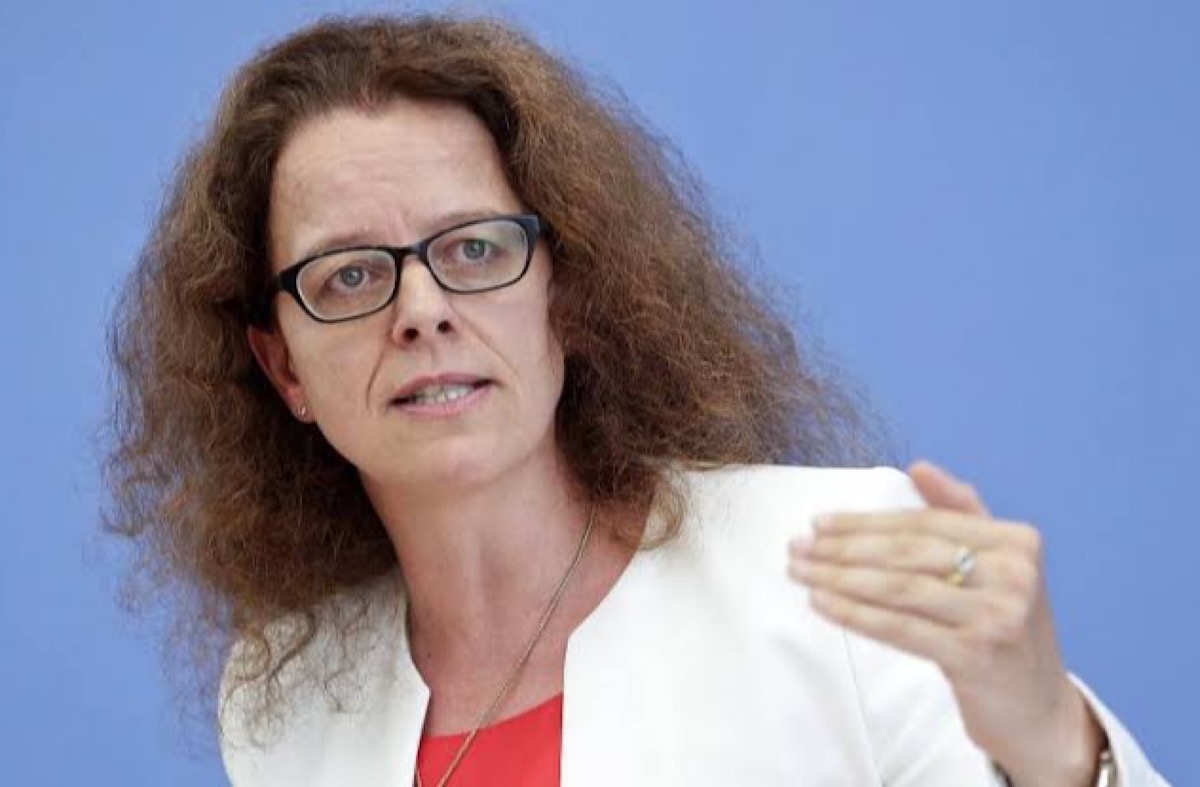ECB policymaker Isabel Schnabel stated that the inflation in the euro area will ease as soon as next year, but the European Central Bank is ready to act. Euro zone inflation has been rising more than expected. But the ECB has stuck to its belief of a temporary spike that is caused by higher prices of oil and higher raw materials, and other microchips, which are all the pandemic shortage supplies.
Schnabel is the Germany’s representative on the ECB’s board. She sought to assuage concerns of a repeat of the 1970s, when inflation was nearly 8% in her country. In a group of audience of German entrepreneurs, she told that today, against the background of rising inflation rates, it was a matter of concern to her to alleviate people’s concern that inflation may remain persistently too high or even shoot up uncontrollably.
Prices in the 19-country euro zone grew by 3% year on year. This is according to preliminary estimates, surging well above the ECB’s 2% target, which is for the first time in 10 years. Schnabel said that the central bank, which reduced the pace of its emergency bond purchases last week, was in no rush to tighten its policy. She said that they will only start the normalisation process when they are confident of reliably reaching their inflation target. But should inflation sustainably reach their target of 2% unexpectedly soon. She listed three main reasons such as persistent disruptions to supply, structural changes such as the green transition and greater optimism among consumers.
If they succeed in breaking the vicious circle of limited room for price increases, slow growth and declining inflation expectations, then they will be able to escape negative interest rates, according to Schnabel. There are mounting signs that the current fiscal and monetary policy mix can achieve that.






















